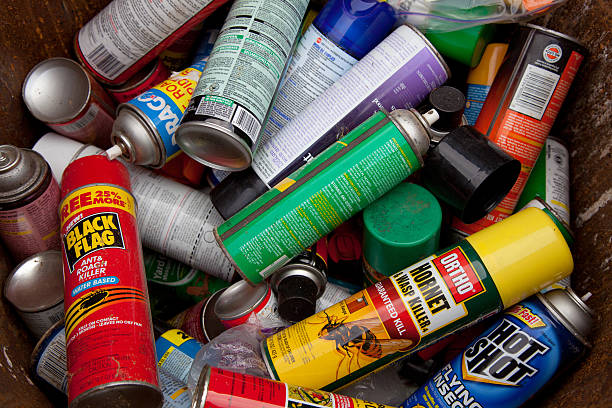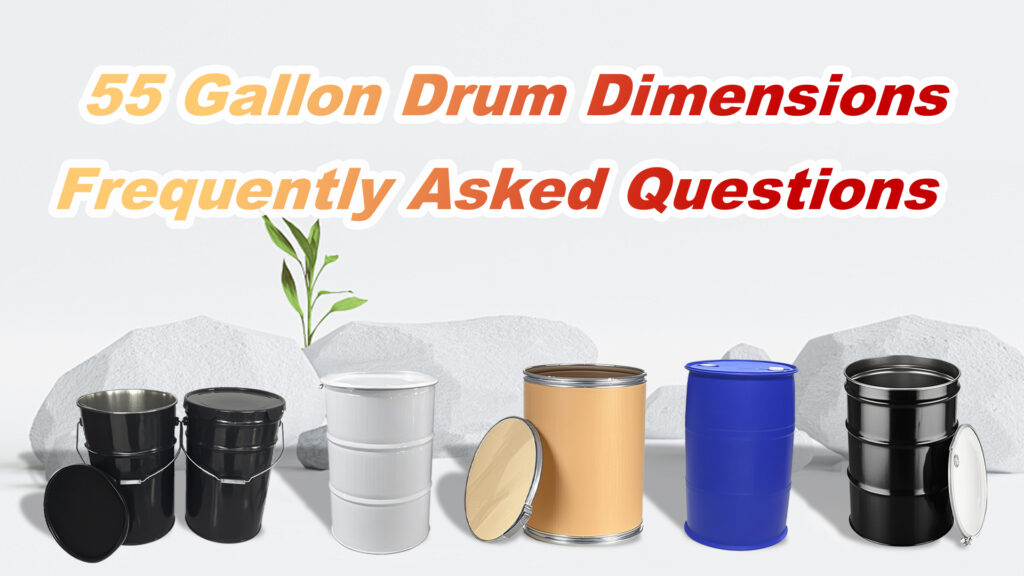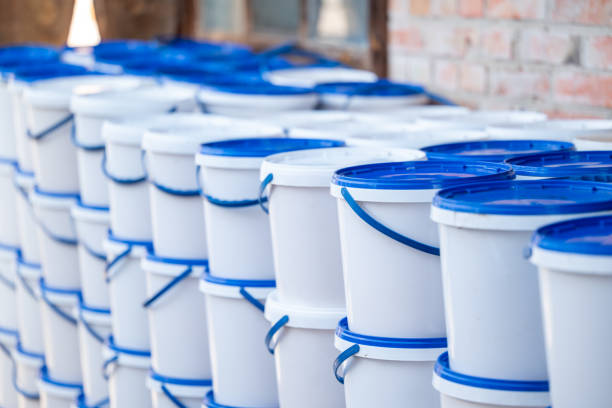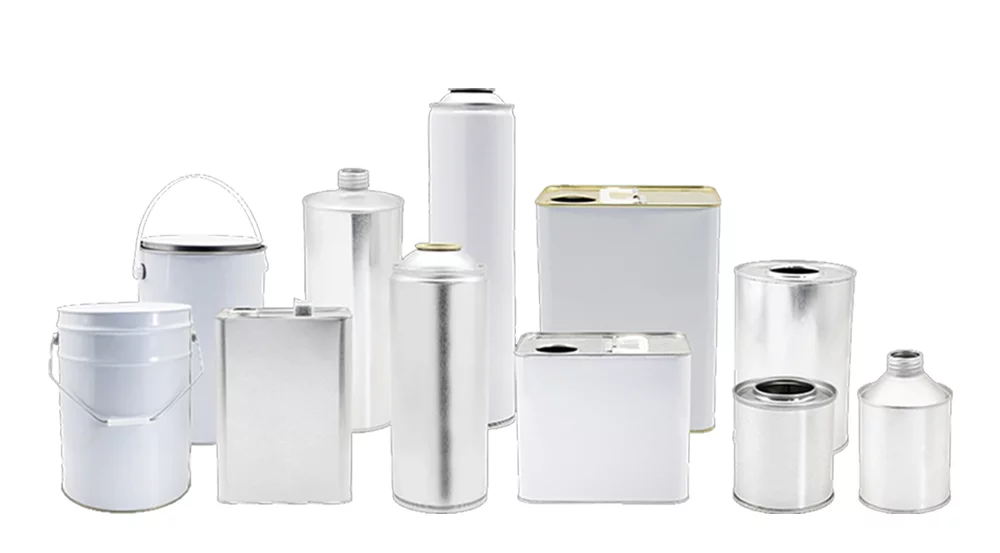As someone who has dealt with the occasional cockroach in the kitchen, a mosquito buzzing around your bed at night, or a full-blown pest infestation, you’ve likely reached for an insecticide aerosol can. It’s fast, convenient, and easy to use. But have you ever wondered how safe it really is? Or how it works? Or if that can sitting in your cabinet from last summer is still effective? In this comprehensive guide, we’ll take a deep dive into everything you need to know about insecticide aerosols—from the science and history behind them to their safety, expiration, and practical usage.
What is Insecticide Aerosol?
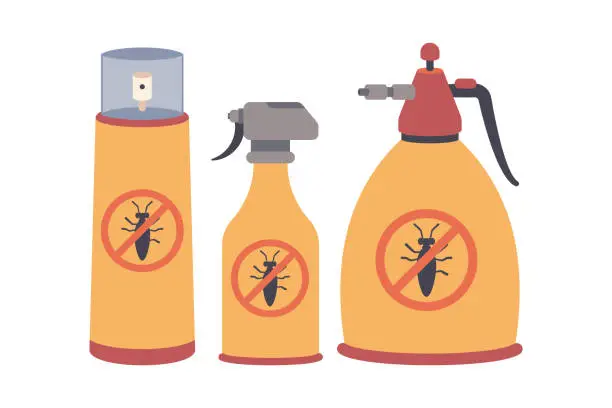
An insecticide aerosol is a pressurized canister filled with insect-killing chemicals that are released as a fine mist or spray when activated. The formulation typically includes:
-
Active Ingredients: These are the actual insect-killing agents (NP., pyrethroids, organophosphates, carbamates).
-
Propellants: Gases (like propane, butane, or CO₂) used to disperse the insecticide evenly.
-
Rozpuszczalniki & Additives: Help dissolve the active ingredient and enhance performance.
A Quick History of Insecticide Aerosols
Insecticides themselves go back thousands of years—think ancient Egyptians using oils and plant extracts to ward off bugs. But aerosolized insecticides are a 20th-century innovation.
-
1920s–30s: Early aerosol technology was pioneered, mostly for perfumes and medical sprays.
-
WWII Era: USA. military developed portable aerosol “bug bombs” using DDT to protect soldiers from malaria.
-
Post-War Boom: Aerosols hit consumer markets in the 1950s, evolving rapidly as new propellants and insecticides became available.
Why Use Insecticide Aerosols?
From a user’s perspective, insecticide aerosols are one of the most versatile and effective pest control tools. Here’s why:
-
Convenience: Just point and spray—no need for complex setups.
-
Immediate Effect: Most kill insects on contact.
-
Portable: Ideal for travel, camping, or small infestations.
-
Targeted Action: Spray directly where pests hide.
-
Versatility: Useful for flying insects, crawling bugs, and even occasional invaders like ants or silverfish.
Are They Safe?
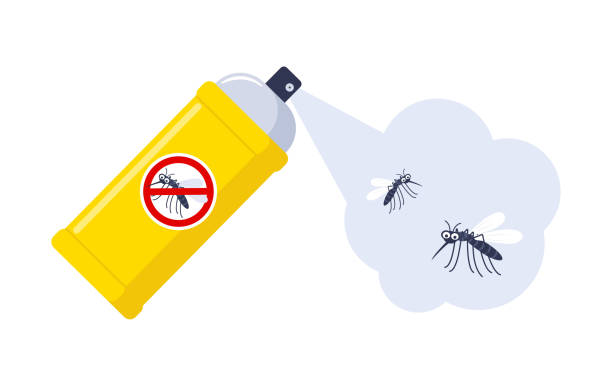
For Humans
Modern insecticide aerosols are generally safe when used as directed, but misuse can lead to problems:
-
Short-term Exposure: Eye or skin irritation, headaches, nausea if inhaled in large quantities.
-
Long-term Exposure: Rare in household use, but improper, prolonged exposure to high levels could have neurological or respiratory effects.
Safety Tips for Users:
-
Read the Label: Always follow manufacturer instructions.
-
Ventilation: Use in a well-ventilated area.
-
Avoid Skin Contact: Wash hands after use.
-
Keep Away from Children and Pets.
-
Do Not Spray Near Food or Open Flames.
For the Environment
-
Volatile Organic Compounds (LZO): Some sprays release VOCs, contributing to air pollution.
-
Non-Target Species: Sprays can harm beneficial insects like bees or butterflies if used indiscriminately.
-
Proper Disposal: Don’t throw cans into a fire or puncture them. Many communities have aerosol disposal programs.
Does Insecticide Aerosol Expire?
Tak
Like most chemical products, insecticide aerosols do expire, typically after 2–3 years from the manufacturing date. The expiration affects:
-
Efficacy: The active ingredients degrade over time.
-
Propellant Strength: Pressure may drop, making the spray weak or uneven.
-
Safety: Old cans might leak, rust, or malfunction.
How to Check:
-
Date Code: Often printed on the bottom or side of the can.
-
Physical Clues: Rusty can, weak spray, or odd smell? Toss it.

How to Use Insecticide Aerosol Properly
-
Identify the Pest: Know your enemy—mosquito, roach, ant?
-
Read the Label: Know the target pests and safety instructions.
-
Przygotowanie: Close windows, cover food, and remove pets.
-
Application: Spray in short bursts toward affected areas.
-
Post-Use: Leave the room, ventilate afterward, and wash hands.
Common Types of Insecticide Aerosols
-
Flying Insect Spray: Targets mosquitoes, flies, and gnats.
-
Crawling Insect Spray: Formulated for cockroaches, ants, and spiders.
-
Wasp & Hornet Killer: Shoots a long-distance stream to keep users safe.
-
Insect Foggers (“Bug Bombs”): Treat entire rooms for larger infestations.
What Should Users Consider Before Buying?
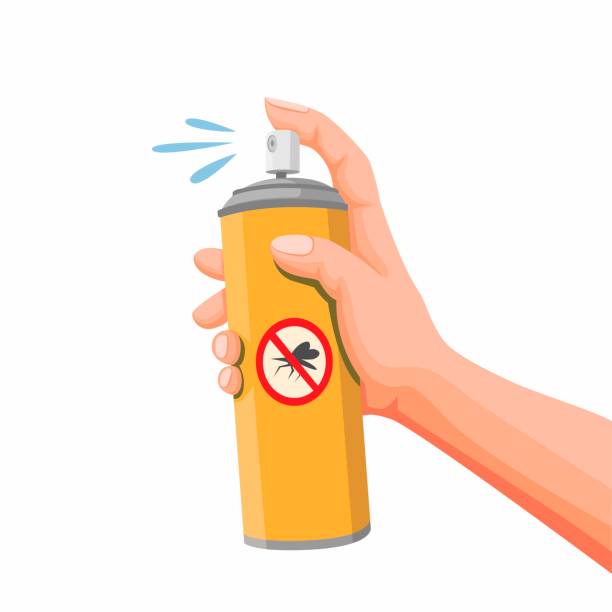
-
Type of Pest: Not all sprays work for every insect.
-
Indoor vs. Outdoor Use: Choose based on where you’ll use it.
-
Chemical Sensitivity: Consider non-toxic or plant-based formulas.
-
Can Size: Bigger is not always better—match the size to your needs.
-
Brand Reputation: Look for manufacturers with quality standards.
DIY vs. Professional Use
-
DIY: Great for light infestations or occasional intrusions.
-
Professional Pest Control: Better for severe or recurring problems.
Często zadawane pytania (Często zadawane pytania)
1. Can I use insecticide aerosol near my baby or pet?
Only if the label explicitly says it’s safe—and even then, remove pets and babies from the room until the area is fully aired out.
2. Does it kill instantly?
Some pests die on contact; others take a few minutes to hours, depending on the formulation.
3. Can I use it on my skin or clothes?
Absolutely not. Use insect repellent designed for human use.
4. Can I refill the can?
NIE. Aerosol cans are single-use and should not be refilled or modified.
5. What happens if I inhale too much?
Get fresh air immediately. If symptoms persist, seek medical attention.
6. What do I do if it gets on my skin or in my eyes?
Rinse thoroughly with water and consult a doctor if irritation continues.
7. What’s the difference between “natural” and “chemical” aerosols?
Natural sprays use plant-derived ingredients like pyrethrin; chemical ones use synthetic compounds. Natural doesn’t always mean less toxic—read the label.
8. Can I use it outside?
Tak, but choose one designed for outdoor use to resist wind and UV degradation.
9. Is it flammable?
Most are—especially those with butane or propane. Never spray near flames or lit cigarettes.
10. Can expired insecticide still kill bugs?
Possibly, but much less effectively. It’s better to replace expired cans.
Future Trends in Insecticide Aerosols
-
Eco-Friendly Formulas: Reduced toxicity and biodegradable options.
-
Smarter Sprays: Trigger mechanisms for better targeting.
-
Multi-Pest Solutions: All-in-one products gaining popularity.
-
AI & IoT Integration: Sensor-based aerosol systems are emerging for commercial use.
Proper Disposal and Recycling
-
Don’t Puncture or Burn: Even when empty, cans can explode under pressure.
-
Follow Local Guidelines: Many municipalities offer hazardous waste disposal sites.
-
Never Dump: Spraying leftover insecticide into drains or soil harms ecosystems.
Why FANXUN Is Your Trusted Insecticide Aerosol Partner
If you’re a business owner, dystrybutor, or retailer looking to source insecticide aerosol products, FANXUN stands out as a world-class manufacturer and supplier with unmatched expertise. Here’s why:
-
Personalizacja: Different shapes, can sizes, and spray types to meet diverse market needs.
-
Advanced Production Facilities: High-capacity, eco-friendly manufacturing lines.
-
Global Compliance: All products meet international safety and quality standards.
-
Innovative R&D: Constantly evolving formulations for better performance and environmental responsibility.
-
Private Label Options: Build your brand with confidence using FANXUN’s white-label services.
Whether you’re dealing with household pests or building your own product line, FANXUN is your ultimate partner in insecticide aerosol solutions.
Wniosek
Insecticide aerosols are more than just a quick fix for bugs—they’re a powerful tool rooted in decades of science, innowacja, and evolution. From choosing the right product to understanding its expiration and safety, informed users make smarter, safer decisions.
And if you’re a business seeking excellence, FANXUN offers a complete, flexible range of world-class aerosol solutions tailored to your needs. Whether you’re solving your own pest problem or building your brand—FANXUN helps you spray smarter.















